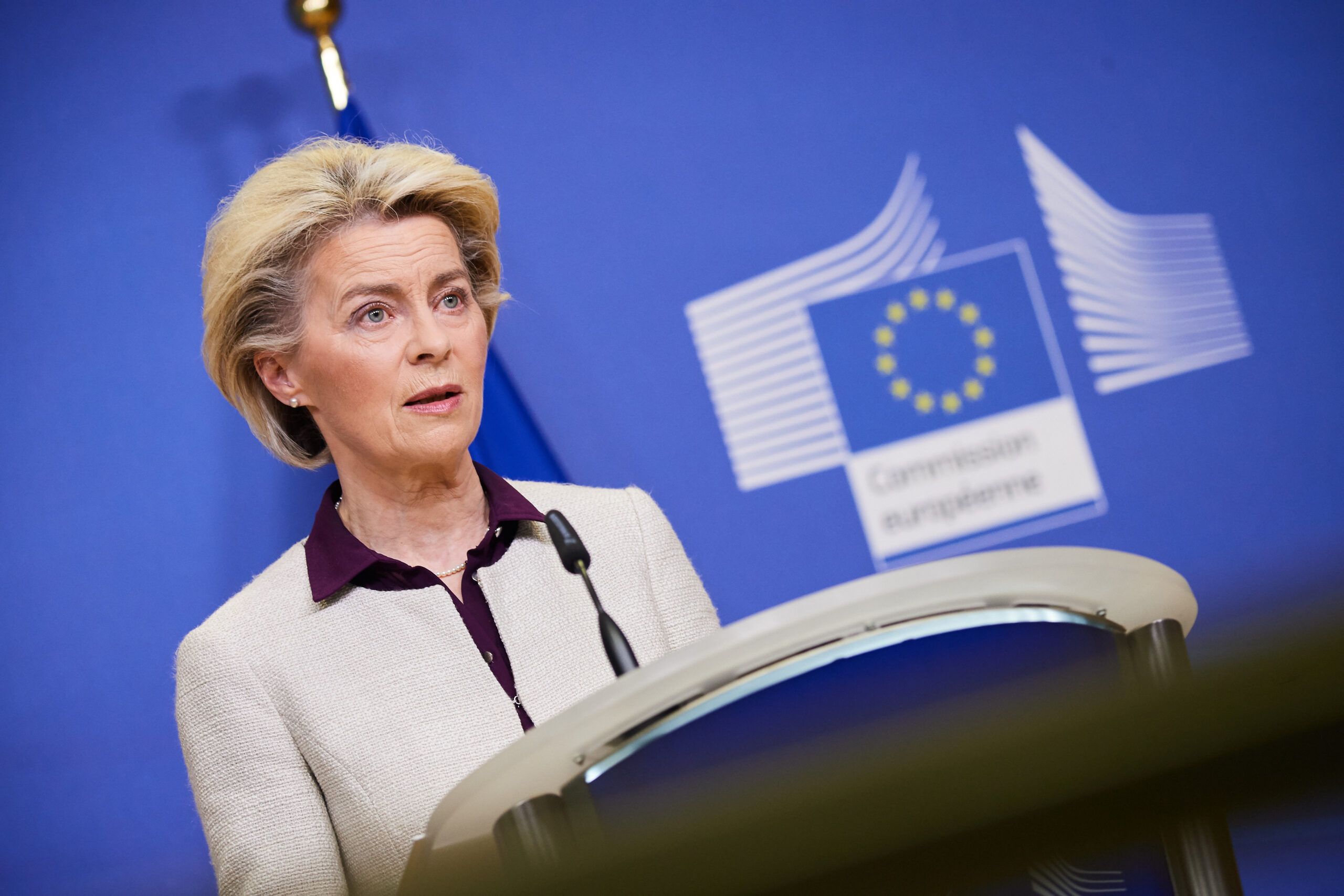Malta was one of the countries worst hit by the COVID-19 pandemic, suffering a drop of 17.1 per cent in its economic output during Q2 of 2020, new Eurostat data shows.
Only Spain, with a 17.9 per cent decrease in Q2 GDP, was hit harder than Malta.
Although the Maltese economy rebounded strongly in summer, growing by 12.7 per cent when compared to the previous quarter on the back of a resumption of flights and business, this was not enough to bring Malta’s economic output to pre-COVID levels, with GDP down 9.2 per cent during the summer months of 2020 when compared to the summer of 2019.
The EU’s statistical office further said that the fourth quarter of 2020 saw the EU’s GDP go down when compared to the previous quarter, even as employment rates increased.
These declines follow a strong rebound in the third quarter of 2020 (+12.4 per cent in the euro area and +11.5 per cent in the EU) and the sharpest decreases since the time series started in 1995 observed in the second quarter of 2020 (-11.7 per cent in the euro area and 11.4 per cent in the EU).
Meanwhile, the first estimation of annual growth for 2020, based on seasonally and calendar adjusted quarterly data, GDP fell by 6.8% in the euro area and 6.4% in the EU.
Compared with the same quarter of the previous year, seasonally adjusted GDP decreased by five per cent in the euro area and by 4.8 per cent in the EU in the fourth quarter of 2020, after -4.3 per cent and -4.2 per cent respectively in the previous quarter.
However, the number of employed persons increased by 0.3 per cent in both the euro area and in the EU in the fourth quarter of 2020, compared with the previous quarter. In the third quarter of 2020, employment had increased by one per cent in the euro area and by 0.9 per cent in the EU.
Compared with the same quarter of the previous year, employment decreased by 2.0 per cent in the euro area and by 1.7 per cent in the EU in the fourth quarter of 2020, after -2.3 per cent and -2.1 per cent in the third quarter of 2020.
According to an estimation of annual growth for 2020, based on quarterly data, employment decreased by 1.8 per cent in the euro area and by 1.6 per cent in the EU.
Eurostat noted that these data provide a picture of labour input consistent with the output and income measure of national accounts.
MFSA concludes review of Crypto-Asset Service Providers following MiCA implementation
The Authority provided clear expectations and guidance to address certain concerns.
Malta Development Bank to launch schemes supporting sustainable development and creative sector
In 2024, the MDB launched the SME Guarantee Scheme and the Guaranteed Co-Lending Scheme
Euro surges as Trump slaps 20% tariff on Europe, EU vows to retaliate
The sweeping reciprocal tariffs has sparked fears of an all-out global trade war






